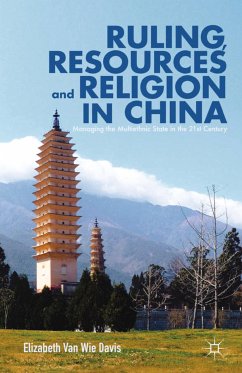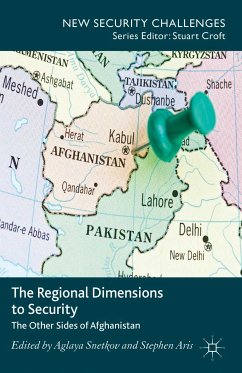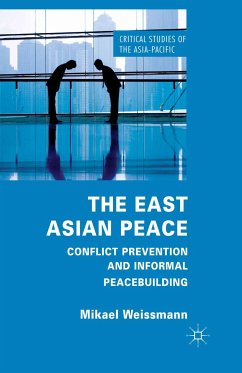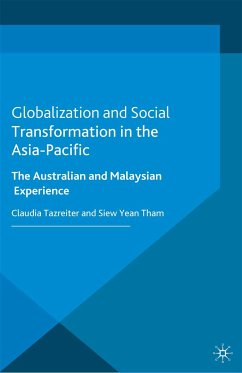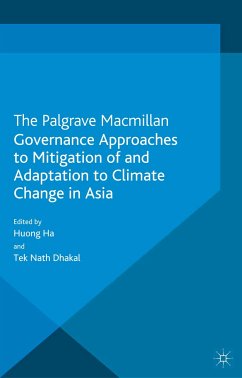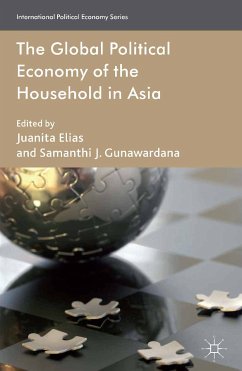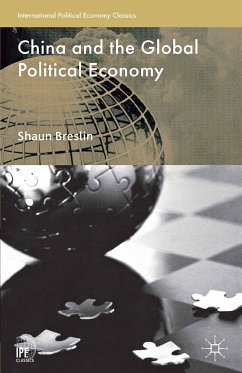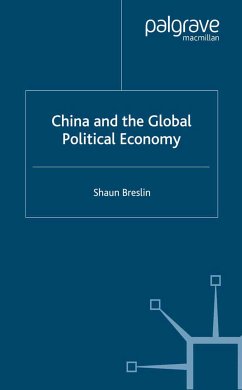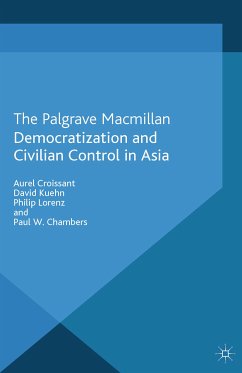
Democratization and Civilian Control in Asia (eBook, PDF)
Versandkostenfrei!
Sofort per Download lieferbar
40,95 €
inkl. MwSt.
Weitere Ausgaben:

PAYBACK Punkte
20 °P sammeln!
How can civilians in newly democratized countries ensure their control over the military? While establishing civilian control of the military is a necessary condition for a functioning democracy, it requires prudent strategic action on the part of the decision-makers to remove the military from positions of power and make it follow their orders.
Dieser Download kann aus rechtlichen Gründen nur mit Rechnungsadresse in A, B, BG, CY, CZ, D, DK, EW, E, FIN, F, GR, HR, H, IRL, I, LT, L, LR, M, NL, PL, P, R, S, SLO, SK ausgeliefert werden.



